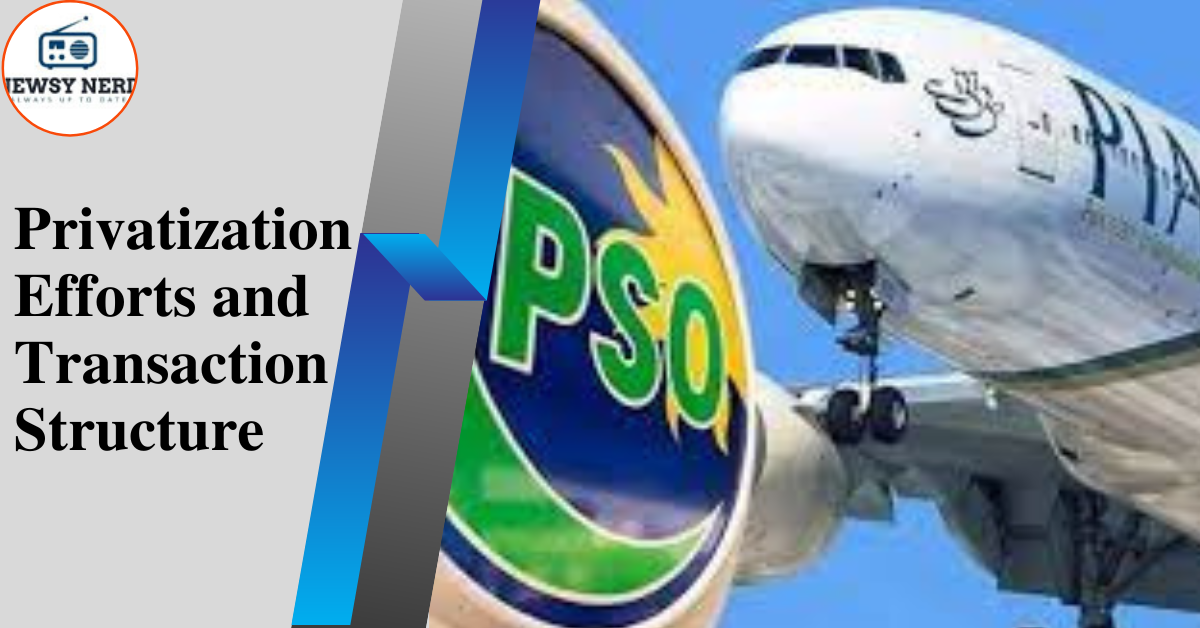An event was recently conducted in Islamabad to commemorate the addition of an A-320 aircraft to Pakistan International Airlines’ (PIA) fleet. After a payment disagreement that led to two aircraft being held in Malaysia, the national flag carrier has achieved a major milestone with the addition of this aircraft.
As part of the ongoing efforts to privatize PIA, the induction ceremony coincided with the Board of Privatization Commission’s approval of transaction structures and legal segregation to expedite the divestment process.
Enhancing Revenue and Induction Plans – PIA News
Air Marshal (retired) Farhat Hussain Khan, the Prime Minister’s Advisor on Aviation, stressed during the induction ceremony that the A-320 aircraft will help PIA increase its revenue. He went on to say that in two weeks the second aircraft would also be welcomed into the fleet. These events portend favorably for PIA’s financial stability and operational growth.
These developments not only signify PIA’s determination to overcome past challenges but also highlight its proactive approach towards growth and profitability in the dynamic aviation industry. By investing in the induction of new aircraft and prioritizing revenue growth, PIA is positioning itself to compete effectively in the aviation market.
These proactive measures underscore the airline’s commitment to adapt to changing industry trends and customer demands, ensuring its long-term success and sustainability in a highly competitive landscape. This PIA news creates hope for betterment and greater benefits.
Privatization Efforts and Transaction Structure

The legal segregation and transaction structure of Pakistan International Airlines Corporation Ltd (PIACL) were approved by the Board of Privatization Commission, which was presided over by Minister for Privatization Fawad Hasan Fawad.
This approval paves the way for the Federal Cabinet’s later approval and the Cabinet Committee on Privatization’s ultimate decision. The goal of the planned majority share disposal of PIACL is to isolate the company’s core aviation business and assets for possible first divestment, with non-core assets being held in a separate structure for potential future divestiture.
Challenges and Legal Obstacles
PIA’s privatization process is beset with difficulties and legal roadblocks. This PIA news might sound disappointing but it’s a fact. Government sources state that selling majority holdings to foreign bidders is restricted by law under the Pakistan Civil Aviation Authority Act, Air Service Agreements, and National Aviation Policy.
The board approved the sale of at least 51% of the company to a foreign buyer who would require a local partner in order to address this. The sale of the shares and managerial control have been suggested by the financial consultants.
Debt and Asset Management
The management of PIA’s assets and obligations is one of the most important parts of the privatization process. At present, PIA is estimated to be heavily indebted, totaling Rs 825 billion. About three-fourths of this debt, which includes obligations to the federal government, commercial banks, Pakistan State Oil, and the Civil Aviation Authority, are to be transferred to a new holding company, according to the financial advisors’ proposal.
While fundamental assets like basic engineering services and international lines would be put up for sale, non-core assets like properties and hotels abroad would remain with the holding firm.
Valuation and Future Plans
By the third week of January, the valuation of PIA’s assets, including its domestic and international routes, should be finished. Although there have been talks about extending the layoff period to three years, the financial advisors have suggested that the new buyers should have the authority to fire employees after a year.
With the revenues of privatization, hotel and property sales, and future dividends from the core PIA, the proposed disposal seeks to raise money to pay down the debt held by the holding company.
Public Perception and Employee Concerns
Divergent views exist among the public over PIA’s attempts to go private. Some people believe that privatization is necessary to boost the airline’s output, profitability, and quality of service. They argue that going private would draw in investment, modernize the fleet, and boost competition in the global aviation industry.
PIA staff members are worried about how privatization would affect their income and job security, though. Staff concerns have been brought up by the notion of terminating employees after a set period of time.
Government Support and Decision-making
The interim administration has been very supportive of PIA’s privatization; in order to ease the shift from a competitive procedure to a negotiated arrangement, additional rules and Presidential Ordinances have been approved. The finance ministry and the privatization ministry continue to dispute, meanwhile, on how to handle the debt of Rs. 281 billion owed by commercial banks.
The addition of A-320 aircraft to PIA’s fleet is a step in the right direction for the flag airline of the country. Progress in PIA’s privatization initiatives is demonstrated by the Board of Privatization Commission’s approval of transaction structures and legal segregation. Nonetheless, difficulties and legal barriers still exist, necessitating thoughtful deliberation and calculated choices.
Concerns like regulatory constraints, debt management, asset valuation, and staff welfare must be addressed for PIA’s effective transfer under private ownership. A seamless and fruitful privatization process depends on the government’s dedication to identifying workable solutions and the assistance of interim authorities.
Conclusion of this PIA News
In order to set itself up for long-term success in the competitive aviation sector, PIA’s future depends on efficient asset management, debt restructuring, and smart leadership choices. Operational effectiveness, customer satisfaction, and financial viability should be given top priority by the new ownership.
Regaining its competitive edge and securing a sustainable future in the global aviation industry can be achieved by PIA through the utilization of modernization, route expansion, and service development potential. The PIA news of such developments is a step in the right direction.
Maintaining job security and employee welfare during the transition requires striking a balance between the necessity of privatization and employee concerns. Assuring workers and establishing procedures for equitable treatment throughout the privatization process, the government should communicate openly with the workforce.
In order to expand its worldwide reach and connection, PIA should think about forming strategic alliances and collaborations with foreign airlines as it advances with its privatization ambitions. In the end, collaborations can help the airline and its clients by creating chances for code-sharing, collaborative ventures, and seamless passenger experiences. More update you can visit Newsynerd.
 Newsy Nerd
Newsy Nerd

